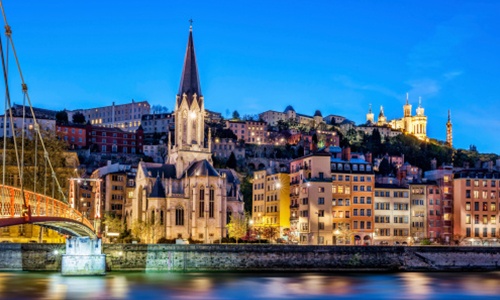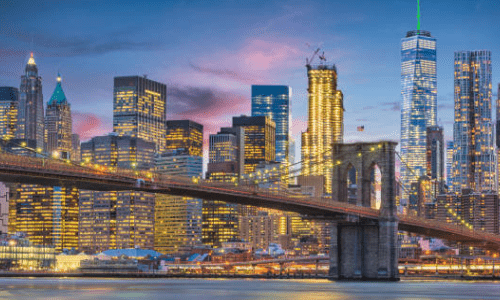
London, United Kingdom
London generates approximately 20 per cent of the UK’s GDP (or $446 billion); while the economy of the London metropolitan area – the largest in Europe – generates approximately 30 per cent of the UK’s GDP (or an estimated $669 billion). London is one of the pre-eminent financial centres of the world and vies with New York City as the most important location for international finance. London’s largest industry is finance, and its financial exports make it a large contributor to the UK’s balance of payments. Around 325,000 people are employed in financial services in London. London has over 480 overseas banks, more than any other city in the world. Over 85% (3.2 million) of the employed population of greater London works in the services industries. The City of London is home to the Bank of England, London Stock Exchange, and Lloyd’s of London insurance market. Over half of the UK’s top 100 listed companies (the FTSE 100) and over 100 of Europe’s 500 largest companies have their headquarters in central London. Over 70 per cent of the FTSE 100 are within London’s metropolitan area, and 75 per cent of Fortune 500 companies have offices in London.









